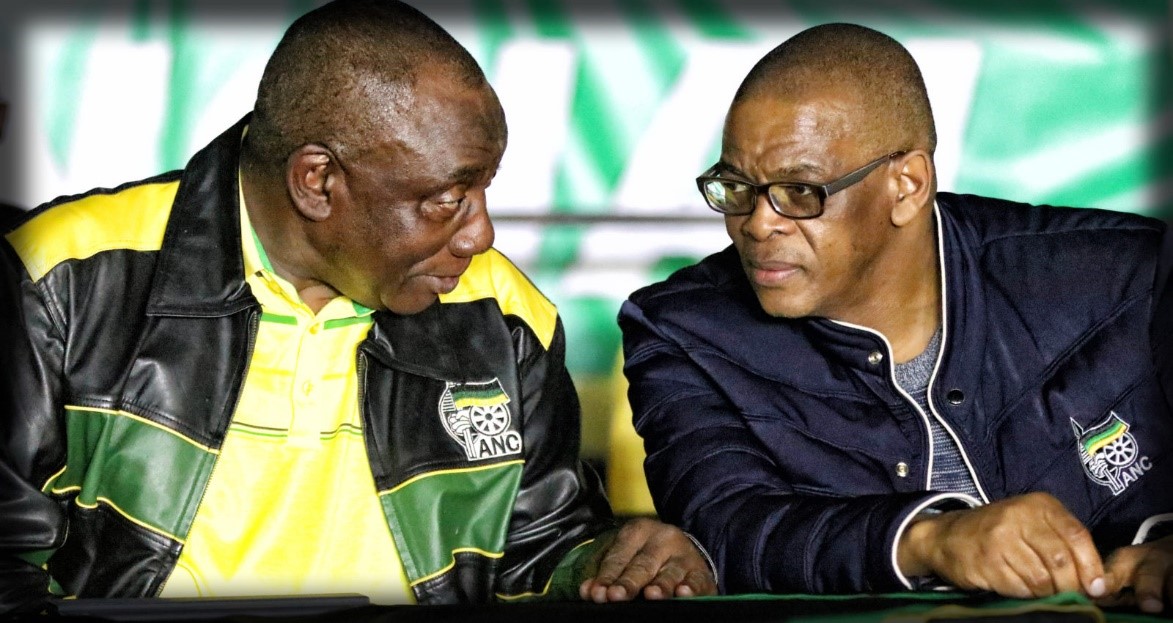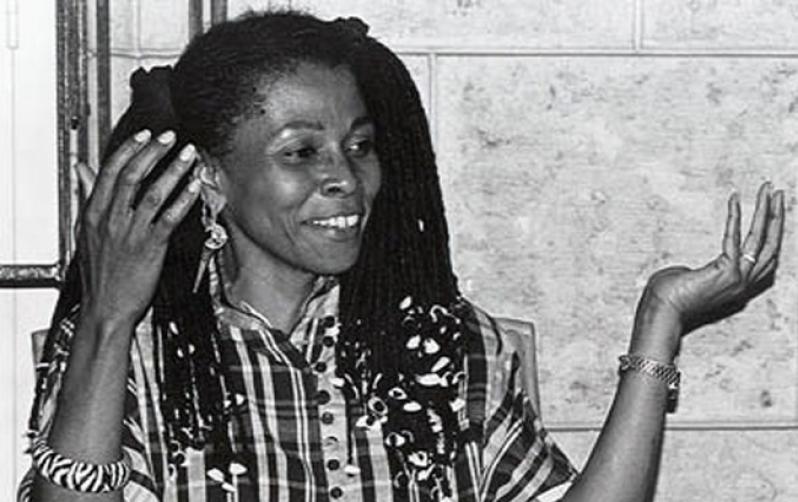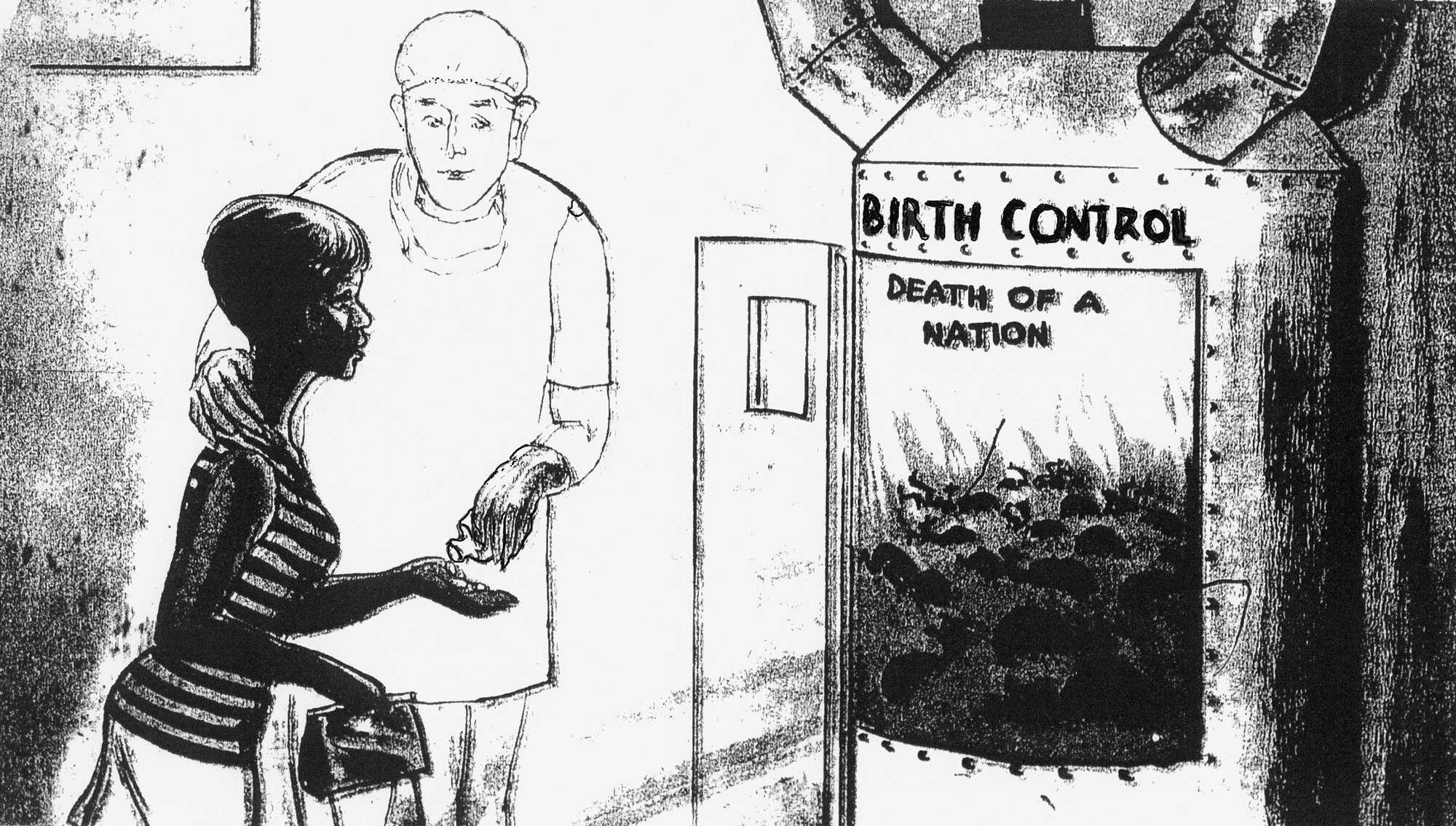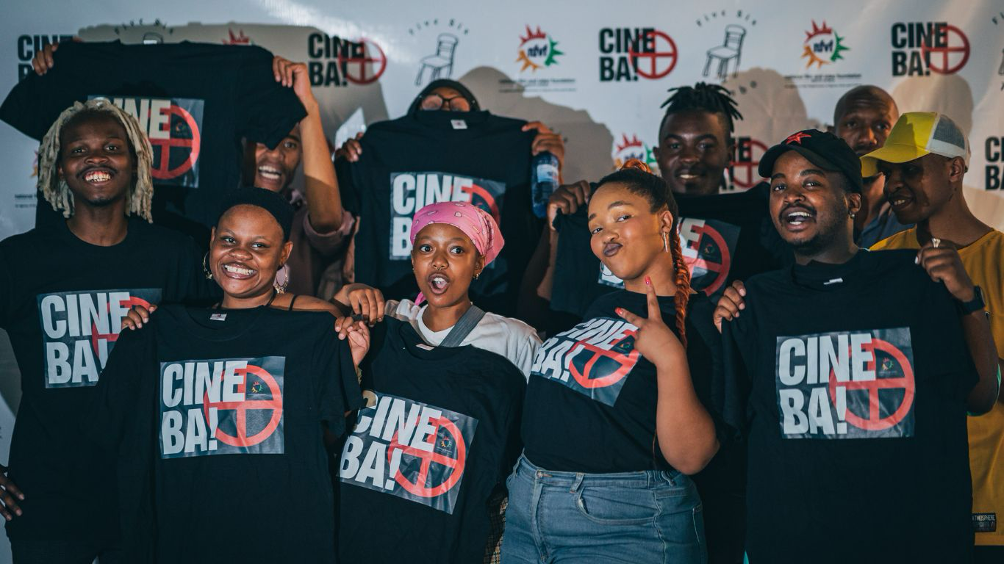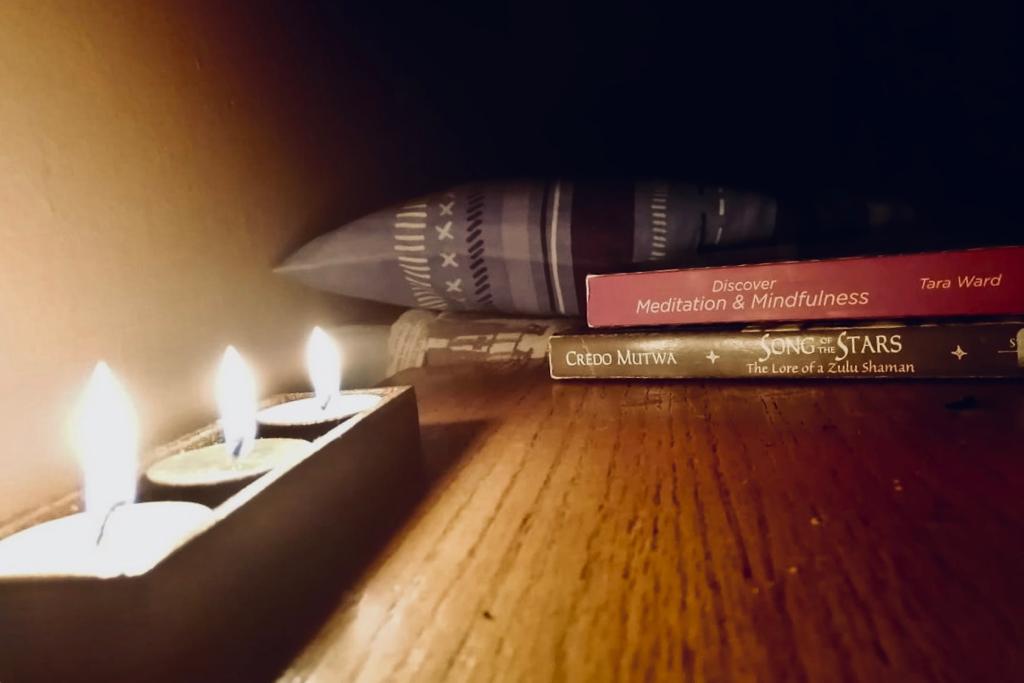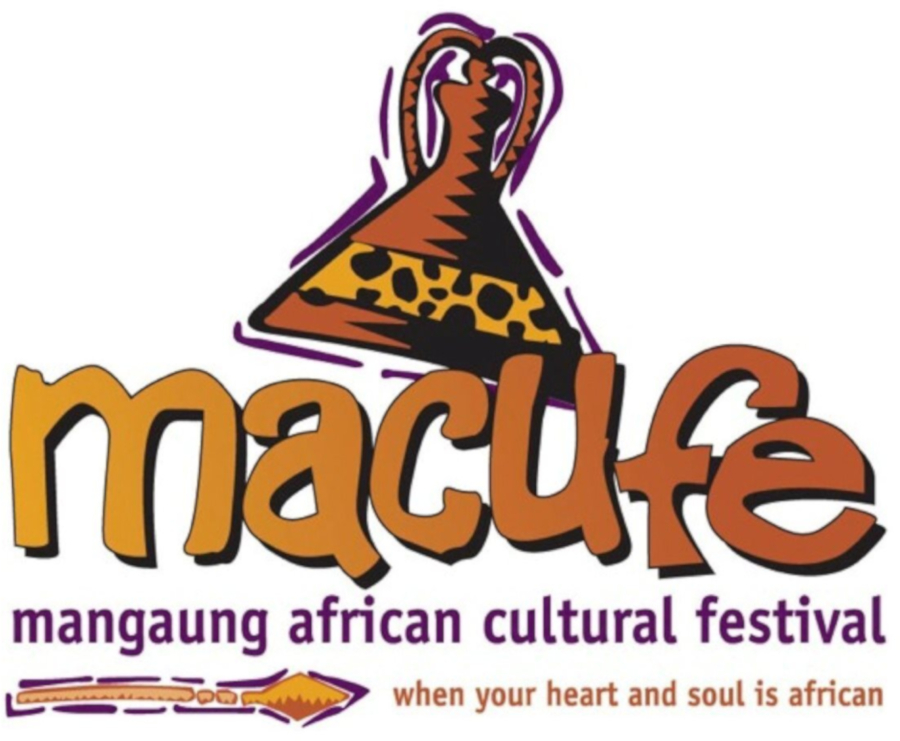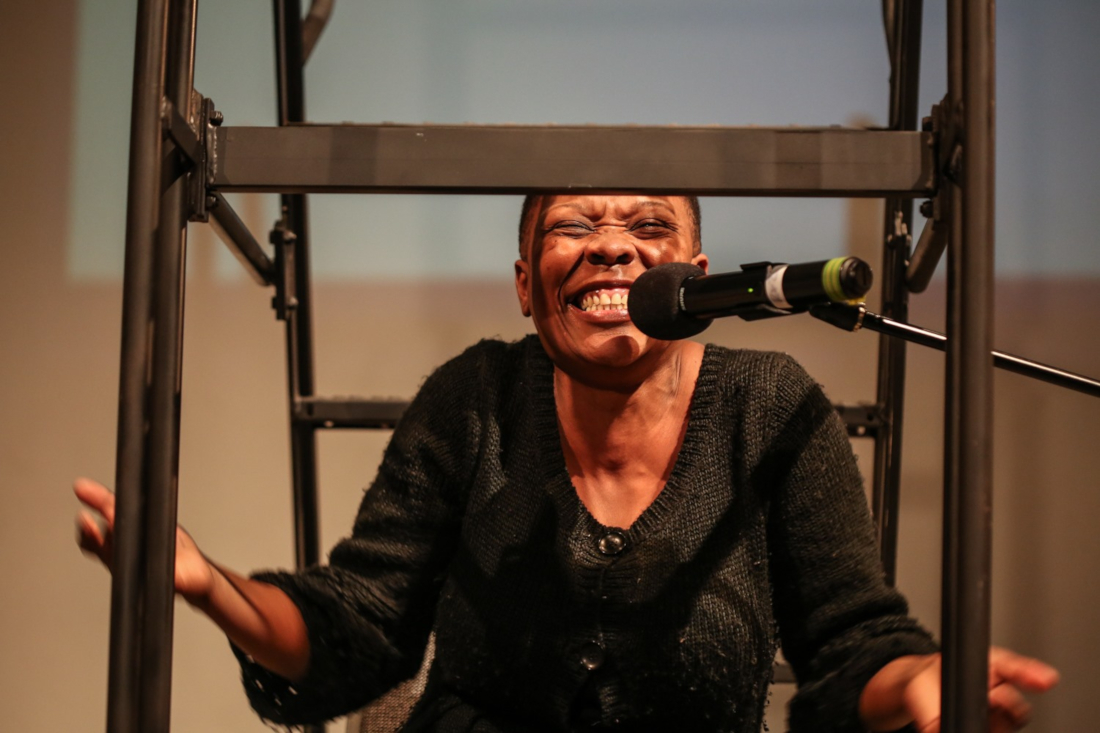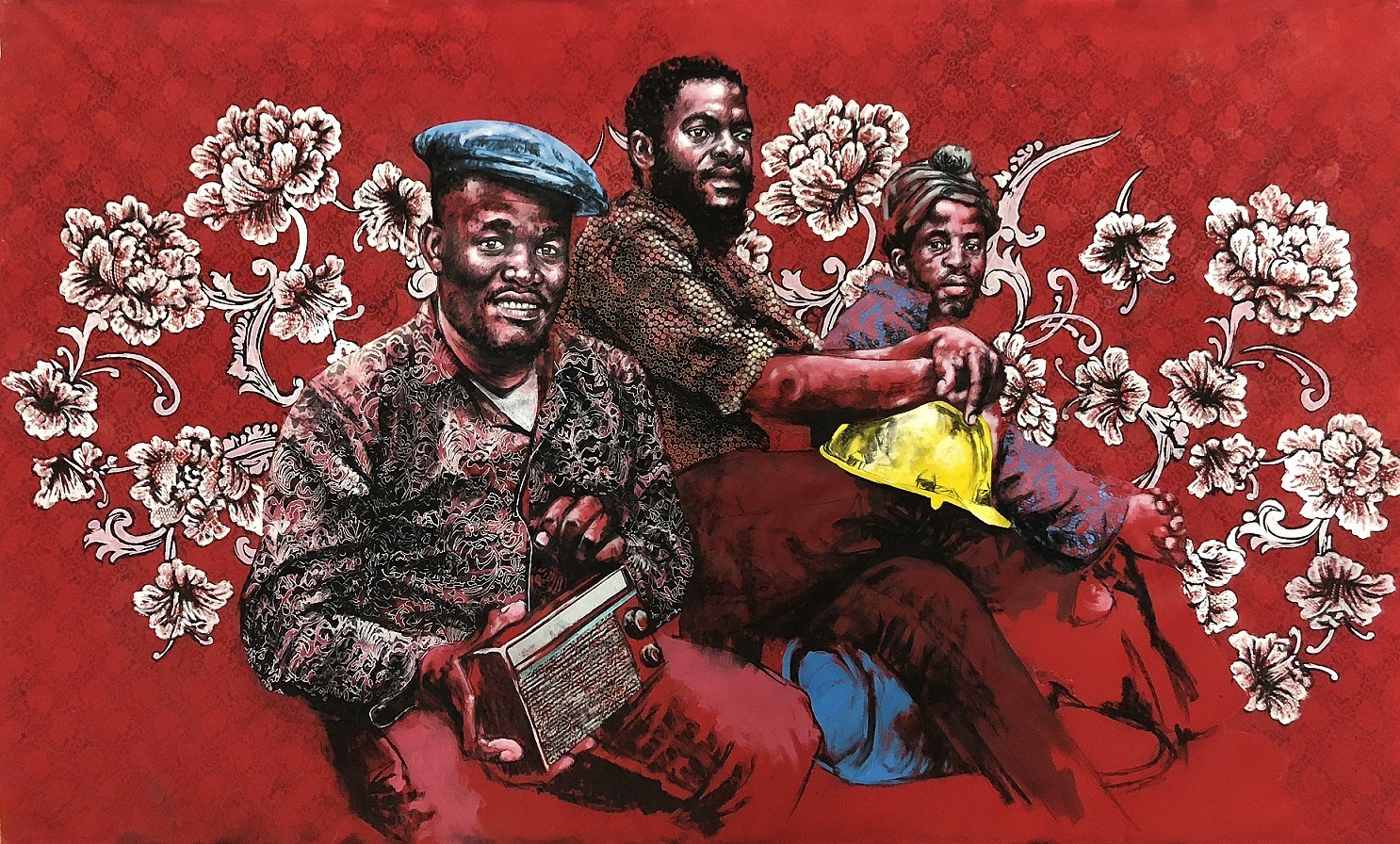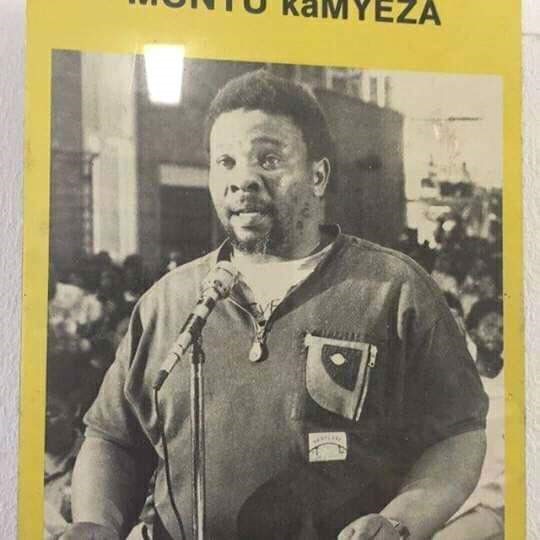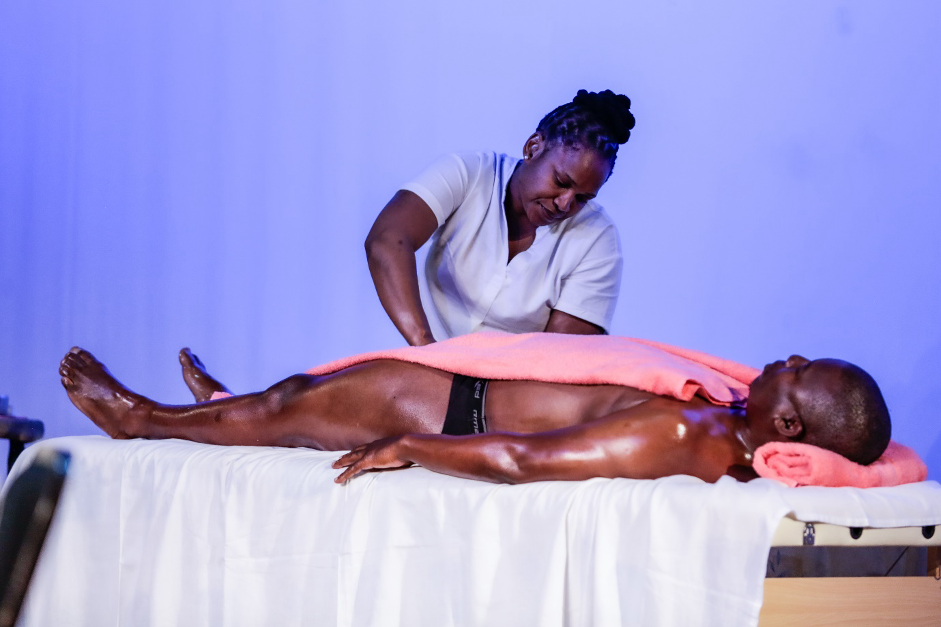“Always bear in mind that the people are not fighting for ideas, for the things in anyone’s head. They are fighting to win material benefits, to live better and in peace, to see their lives go forward, to guarantee the future of their children. We should recognise as a matter of conscience that there have been many faults and errors in our action whether political or military: an important number of things we should have done we have not done at the right times, or not done at all.”- Amilca Cabral
“Neo-colonialism is at work on two fronts – in Europe as well as in the underdeveloped countries. Its current framework in the underdeveloped countries is the policy of aid, and one of the essential aims of this policy is to create a false bourgeoisie to put brakes on the revolution and to enlarge the possibilities of the petty bourgeoisie as a neutraliser of the revolution”. -Amilca Cabral
“We do not confuse exploitation or exploiters with the colour of men’s skins; we do not want any exploitation in our countries, not even by black people…”- Amilca Cabral
The above are extracts from the musings of one of Afrika’s greatest sons, Amílcar Lopes da Costa Cabral. His words help us to understand why it is that, over the years, thousands of young Afrikan women and men, decided to leave their families, abandon their studies, and forsake their personal aspirations, to go and form part of those Afrikans, who have decided to become instruments in the noble project to extricate Afrika from all manner foreign capture.
Cabral’s thoughts also help us to gain a general understanding of the basic aspirations of millions of Afrikans, whose everyday existence revolves around the question: what will my children eat tonight?
Drawing from the experience and teachings of gallant and morally upright Afrikans like Cabral, the project to liberate the Afrikan continent from all manner of foreign capture and domination, was a project that was aimed at ensuring that, literally each and every Afrikan person (regardless of ethnic or even political affiliation) is liberated from the indignity of having to live like a slave in the mineral-rich land of our ancestors.
In the 20th century, the political movements that were formed and are led by Afrika’s university-educated petit bourgeoisie have emerged as the sole (at least in their minds) representatives of the political views and aspirations of Afrika’s people.
However, from the earlier 20th century until now, we have seen enough evidence that many of the political movements that fashioned themselves as the ‘liberators’ of Afrikan people, have in fact become part of the apparatus of western and other types of foreign imperialism in Afrika. In fact, Afrika’s political movements have in some cases become more ruthless than our erstwhile colonisers (the Arabs and Europeans among others).
These political movements have willingly joined the foreign-criminal project to loot our continent and have ensured that each day, billions in the form of unpaid corporate taxes, undeclared profits, and minerals, leave Afrika illegally. All these are resources that belong to Afrika and her people and ought to benefit Afrika’s most vulnerable.
Unfortunately, this is not the case. These resources are extracted in the mineral-rich parts of Afrika such as Nigeria (petroleum, crude refined and gas, cocoa beans, rough woods, chemicals etc.), South
AfriKKKa (gold, diamonds, platinum, iron ore, coal, etc.), Kenya (tea,coffee, petroleum products, etc.), Angola (crude oil, refined petroleum products, diamonds, etc.), Ghana (Gold, bauxite, aluminum, manganese, etc.), DRC (cobalt, copper, coltan, diamonds, oil, tin, etc.) and many other countries.
These resources invariably end up in the secret bank accounts of the western multinationals that continue to hold Afrika and her people by the neck. In return for aiding this nefarious project of foreign capture, many of the Afrikans who today carry the title ‘president’, ‘prime minister’, ‘minister’, ‘mayor’ or their families and those close to them, get rewarded handsomely. Their personal bank accounts are showered with stolen money. Their spouses, children, or associates get lucrative shares in criminal enterprises (posing as legitimate businesses) and at times, they also get assisted to set up foreign business operations and acquire luxury properties in some of the world’s most expensive capitals.
These foreign properties often become their refuge when Afrika’s downtrodden rise up and decide they have had enough of the tyranny of Afrika’s political aristocracy. In a nutshell, they sell their souls to the very foreigners who have and are sucking Afrika dry.
And often, those among them who refuse to be bought by these foreign looters, end up like Joseph Okito, Maurice Mpolo, Amilcar Cabral, Eduardo Mondlane, Samora Machel, Thomas Sankara, Patrice Lumumba, Dedan Kimathi, and many incorruptible Afrikans, who were brutally killed for simply refusing to sell their souls to Afrika’s invaders.
The Cost of Looting In Afrika
To illustrate the incalculable impact of the looting of state resources on the development of Afrika, and in particular on Afrika’s young people, in an essay titled ‘Afrika’s Contemporary Political Class Are Nothing Else But A Money- Loving- Bloodthirsty- Ruthless Gang of Gluttnous Hyenas’, I cite a report titled ‘How Much Do We Have to Pay’, which observes that:
“Over two-thirds of Africa’s population is under the age of 35, making Africa the most “youthful” continent in the world. With corruption being one of the top- causes for the “missed” development of the continent over the past 40 years, young people are bearing its highest costs.
Illicit financial flows cost Africa from at least $30bn to $60bn every year, according to this report. Considering that African countries are spending on average 5% of total GDP of about $1.5 trillion on public education every year, this would mean that corruption is subtracting more than half of the resources that could finance education for the whole continent every year.”
In the same essay, I also cite Walter Rodney and make the point that: “To help us place these and other research findings in their proper historical context, Walter Rodney provides this perspective:
“The question as to who and what is responsible for African underdevelopment can be answered at two levels. Firstly, the answer is that the operation of the imperialist system bears major responsibility for African economic retardation by draining African wealth and by making it impossible to develop more rapidly the resources of the continent. Secondly, one has to deal with those who manipulate the system and those who are either agents or unwitting accomplices of the said system.”
While it is absolutely important to implicate Afrika’s various colonisers in the creation of Afrika’s contemporary problems, it is equally important to implicate those Afrikans who have chosen to become the enablers or facilitators of the foreign project to pillage Afrika’s resources, by any means necessary.Therefore, in addition to the generally anti-black framing of the public discourse on the genesis and nature of corruption in Afrika, one of the most serious problems that we as Afrikans (and in particular Afrika’s young people), must come to terms with, is the crisis of the calibre of people who are leading today's 'Afrikan states.”
In the South AfriKKKan context, the real cost of looting doesn’t become easily palpable if it is just represented in reports about illicit financial/capital outflows or lost development opportunities.
The actual cost of the looting of public resources is palpable in the tragic stories of Afrikan children like 7-year-old Lister Mangongwa, 6-year-old Michael Komape, 5-year-old Oratilwe Dilwane, 6-year-old
Siyamthanda Mtunu, 5-year-old Lumka Mketwa, and just last week, 8-year-old Priscilla Willemse, continue to die in pit toilets and open sewers.
It is palpable in the tragedy of Afrikan children who still have to get their education in precarious mud structures that don’t qualify to be called schools. It is palpable in the tragedy of the fact that the majority of the people in South AfriKKKa’s over 200 jails are young Black men.
It is palpable in the shame where there are still Afrikans in South AfriKKKa who have to share water sources with animals. The cost of the looting of public resources is palpable in the tragedy where many Afrikan young people (especially young Afrikan men), have given up on themselves and have donated their lives to drugs, and related activities that are designed to harm and terrorise their own communities.
In July this year, we came face-to-face with the cost of the looting of public resources, when we learned of the tragic story of a young father, husband, and one of the most gifted Afrikan opera singers of our generation, Kagiso Boroko, who reportedly took his life because he could not cope with the financial strain that the lockdown was putting on him and his beautiful family.
Daughters and Sons of Afrika, it is these day-to-day tragedies in the lives of ordinary Afrikan people (who are not politically connected) that should help us realise how repugnant the looting of public resources is.Most importantly, these day-to-day Afrikan tragedies should also make us realise that, in supporting those Afrikans who are involved in the looting of public resources, we are actually willing accomplices in a nefarious project that is driving millions of Afrikans to dangerous levels of desperation.
Levels of desperation that lead to many Afrikans either killing to survive or simply taking their own lives because they can no longer bear to watch themselves and their children suffer for another day. This is the real cost of the looting of public resources in Afrika.
Understood in this sense, the looting of public resources in Afrika must therefore be seen as a project that bolsters neo-colonialism in Afrika and therefore, those Afrikans who are bolstering neo-colonialism through looting, are nothing else but the traitors of our race.
How Should Our Generation of Afrikans Respond?
How should our generation of Afrikans respond to all this? Our generation of Afrikans has a choice to join this brigade of race-traitors and like them, we can choose to steal from Afrika and her people and do so until we can no longer steal anymore (if there is such a thing).
Or, we can simply choose to change the narrative and refuse to become part of those who are aiding the foreign-imperialist project that is aimed at condemning Afrika and her people to a slave-like future that will be defined by nothing else but more and more social and economic misery.
My generation must develop a firm understanding of the sacrifices that our forebears have made for us and therefrom, develop a conscious love for Afrika and her people. Inspired by this consciously acquired love for self, then we must use our knowledge, resources, time, and energy to set up community- based structures.
These structures will ensure that the creative potential of Afrika’s young people is channelled positively and that such potential is harnessed to become a resource for Afrika’s townships and villages and not a form of social terror.
My generation must deliberately employ its knowledge, resources, time, and energy to form productive and mutually beneficial social, economic and cultural networks with like-minded Afrikans in South AfriKKKa and other parts of the continent or the world, with the view to explore joint and sustainable Afrocentric developmental programs and projects.
An Afrika that is not dependent on foreign aid to meet its basic needs. An Afrika that feeds itself. An Afrika that educates its own children. An Afrika that is capable of defending its own borders. An Afrika whose people take pride in trading more with each other than with non-Afrikans. An Afrika where its young people don’t have to kill each other or sell their souls just to survive. This is the kind of Afrika that I and you must live for, and if circumstances so dictate, this is the kind of Afrika that I and you must be prepared to lay down our lives for.
Vuka! Afrika! Buya Afrika! Camagu!
*Veli Mbele is an Afrocentric essayist, political historian, cofounder of Mutapa and secretary of the Black Power Front.
Recommended Readings
1.Bond, P. (2006), Looting Africa: The Economics of Exploitation, Zed Books (London) and University of KwaZulu-Natal Press (Pietermaritzburg).
2.Cabral, Amilcar (1973), Return to the Source: Selected Speeches of Amilcar Cabral. (Monthly Review Press).
3.Cabral, Amilcar (1979). Unity and Struggle: Speeches and Writings of Amilcar Cabral. (Monthly Review Press).
4.1.https://www.africa.undp.org/.../how-much-do-we-have-to...
5. Rodney, W. (1972), How Europe Underdeveloped Africa, Dar es Salaam, Tanzania Publishing House and London, Bogle L’Ouverture Publications.

